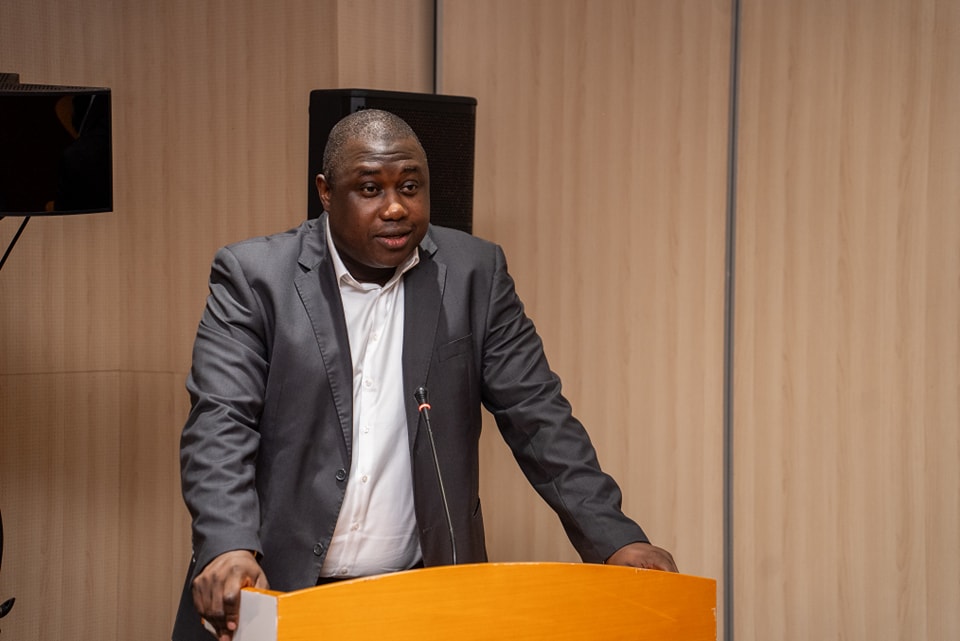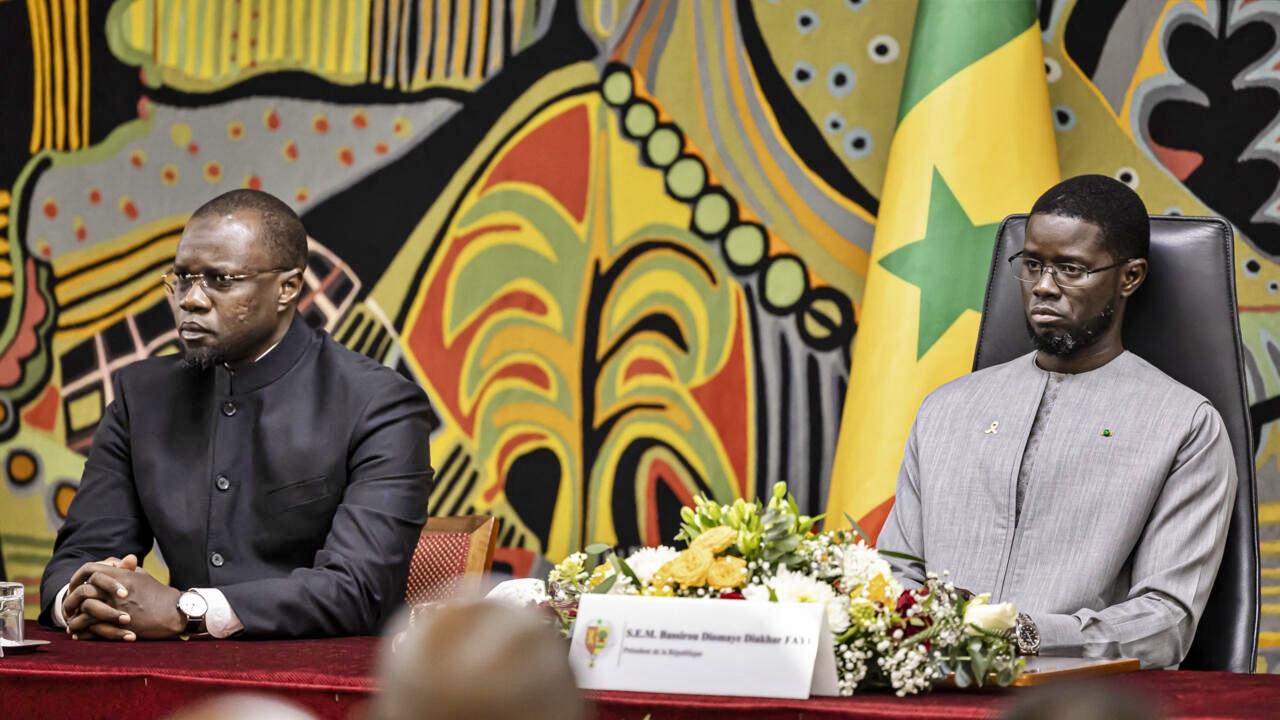Gambiaj.com – (BANJUL, The Gambia) – The Minister of Health, Dr. Ahmadou Lamin Samateh, has attributed the ongoing shortage of essential drugs, the poor state of public hospitals, and persistent service delivery challenges to what he described as the “failures and neglect of past governments.”
Speaking in an interview on Coffee Time with Peter Gomez, Dr. Samateh said successive administrations had “run down the system” and left behind a fragile healthcare structure that continues to affect patient care across the country.
According to him, the current government inherited weak institutions, underfunded facilities, and a culture of mismanagement that has taken years to correct.
“The problems we face today did not start with us. They are the result of decades of poor investment, lack of maintenance, and neglect of the health system,” Dr. Samateh said. “We met a system that was barely functioning.”
However, more than eight years into President Adama Barrow’s administration, many Gambians say the excuse of blaming the past no longer holds.
In a vox pop conducted shortly after the interview, several citizens expressed frustration over the state of the country’s health sector and questioned the government’s continued reliance on past administrations as a scapegoat.
“We have been hearing the same story for years,” said Fatou Ceesay, a vendor in Serrekunda. “If they have been in power for almost nine years, they should have fixed something by now.”
Lamin Sowe (not his real name), a nurse in Brikama, added, “Yes, the system was bad before, but what’s happening now is not about the past. Patients still buy their own drugs because hospitals don’t have them.”
Many also cited incidents that, in their view, undermine the minister’s argument of inherited challenges—among them the death of 60 Gambian children in 2022, linked to contaminated cough syrups imported under the current government’s watch. The tragedy drew national outrage and international scrutiny.
The persistent shortage of essential medicines across public hospitals and the dilapidated condition of health facilities remain major concerns. Reports of broken equipment, overcrowded wards, and frequent power outages continue to plague healthcare delivery nationwide.
“It’s easy to talk about what others failed to do,” said another respondent. “But leadership is about taking responsibility for what’s happening now.”
While Dr. Samateh maintains that reforms are ongoing and that the ministry is committed to improving service delivery, many citizens say they have yet to see meaningful change.
As the Barrow government moves into its ninth year, the public debate over accountability in the health sector is intensifying, with an increasing number of Gambians insisting that the time for blaming the past has long passed.










